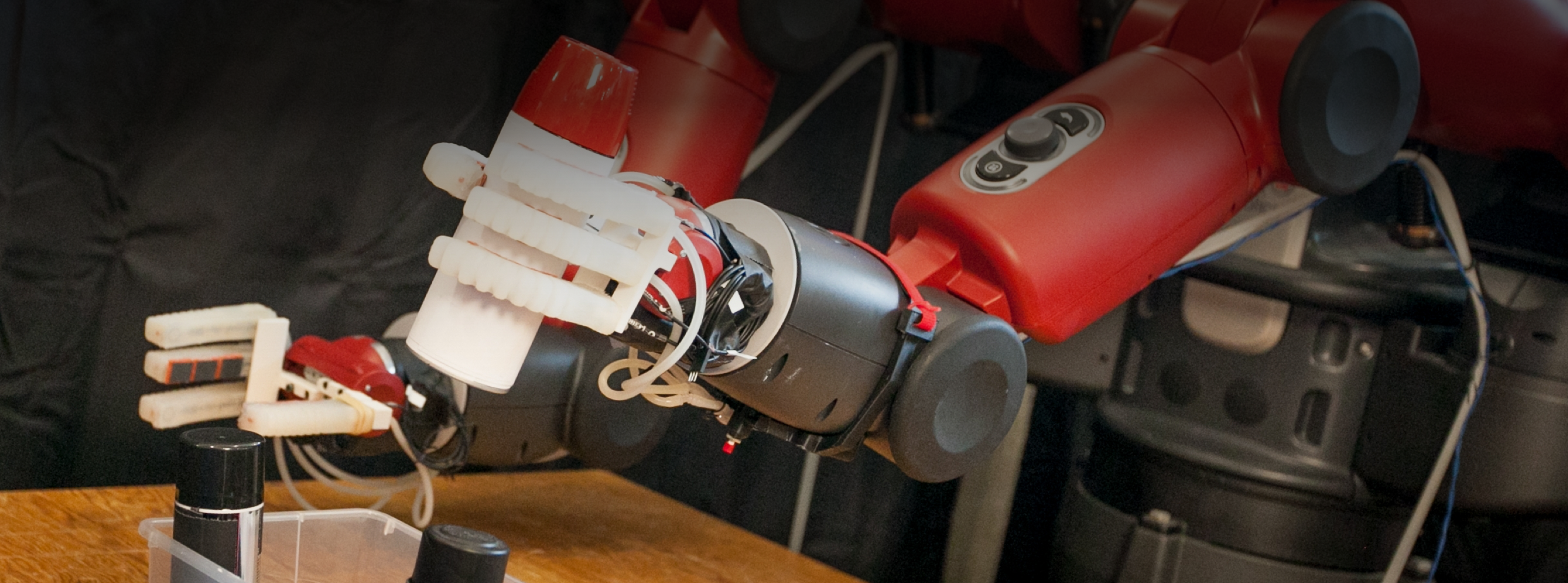Written by: Matthew Busekroos | Produced by: Nate Caldwell
Originally from New York City, Max Fishelson studied at MIT prior to starting his PhD at CSAIL.
Fishelson sought direction for what he wanted to do with his life when he took Professor Costis Daskalakis’ class "Algorithmic Game Theory" as a junior.
“I was absolutely obsessed with the class; it offered some of the coolest, most fascinating lectures I’d ever attended,” Fishelson said. “I distinctly remember there was this one class where he proved Nash's theorem and the class gave him a standing ovation.”
Fishelson poured himself into his final project for the class and ultimately got accepted into Professor Daskalakis’ research group the next year.
“He's absolutely brilliant and it's an honor to get a few hours of his time every week,” Fishelson said. “He's also super kind and down to earth and supportive when I'm going through it. Costis has taught me a lot of valuable lessons about strength and perseverance and courage. Research has a lot of uncertainty which comes with fear and feelings of inadequacy. Costis' constant belief in me helps me through all that, and his strength and discipline is an inspiration.”
Fishelson is now a third-year theoretical computer science student at CSAIL. His current research is broadly in the space of multi-agent learning.
“Modern machine learning applications are often tasked with learning in dynamic and potentially adversarial environments,” Fishelson said. “This is in strict contrast with the foundational assumptions of classical machine learning. The traditional learning environment involves a single learner investigating a static data distribution, such as a fixed set of traffic images.”
Fishelson said as machine learning becomes an increasingly ubiquitous tool in the modern world, these learning environments are rarely static.
“They are composed of several different learning agents all trying to optimize decision making, such as several companies in a shared economy trying to learn optimal pricing,” he said. “In these settings, how one learner chooses to learn will impact the environment and impact how the others are learning. In this sense, a choice of a learning algorithm is analogous to a choice of a strategy in a game. These settings have led to a recent explosion of research on game theory interfaced with statistical learning.”
Fishelson said his research motivation comes from a belief that these multi-agent learning algorithms are the next big step for the progress of machine learning. He said classical machine learning will eventually become obsolete as more and more of the dynamics of the world are dictated by learning algorithms. Fishelson added that it will be important to have a theoretical foundation established for the field of multi-agent learning when this transition happens.
“In the long term, I have dreams of investigating the human mind and consciousness from the perspective of multi-agent learning,” he said. “The brain is a massively parallel computational structure that somehow brings about a seemingly sequential train of thought and conscious experience. There are models of competition in the brain that enable the mind to converge on a single thought. This competition is rooted in the mystery of free will.”
Fishelson said he believes that somehow the fundamental structure of the mind that enables consciousness is intertwined with multi-agent learning, and dreams of shedding some light on this structure through a lifetime of research.
Following his time at CSAIL, Fishelson said his current dream is to become a professor.
“Not only do I love math, but I think teaching is a really good way to have a tangible, loving impact on the world,” Fishelson said. “I hope I can offer entertaining lectures that can maybe cheer up some struggling students going through tough times. Ideally, my classes can offer some relief and be a fun hour of tinkering with puzzles. I dream of providing some excitement about math to the world as Costis was able to do for me.”

